When Our Supplier Started Competing Against Us Using OUR Molds
The shocking discovery that led to a complete overhaul of how we protect client IP and assets.
This case involves one of our long-term manufacturing partners – a relationship we thought was built on mutual trust and respect. Our client had been working with this supplier for over two years, placing substantial orders and investing heavily in custom tooling.
The partnership seemed ideal: we were among their biggest customers, the quality was consistent, and the relationship felt stable. So stable, in fact, that when we paid for custom molds (a significant investment of several hundred thousand dollars), we handled it the way many businesses do – with a handshake agreement and mutual understanding.
The molds were specifically designed for our client’s unique product specifications. The supplier verbally agreed that these molds would be exclusive to our orders and would never be used for other customers. It seemed like a reasonable gentleman’s agreement between trusted business partners.
After all, why would they jeopardize a major client relationship for short-term gains with smaller customers?
The Shocking Discovery
The betrayal came to light in the most unexpected way. While casually browsing Alibaba for market research, we stumbled upon a listing that made our blood run cold – products identical to our client’s design, being sold by an unknown seller.
But here’s what made it even worse: the price was lower than what we were paying our “exclusive” supplier.
The Deflection
When we confronted our supplier, their response was immediate and firm: complete denial. They claimed they had no idea how identical products could be appearing on the market. Maybe it was reverse engineering? Maybe another factory had developed similar designs independently?
We knew better, but here’s where we realized our critical mistake: we had no written agreement about mold exclusivity.
Without documentation, we had no legal recourse. It was our word against theirs, and in Chinese business law, verbal agreements about IP protection are nearly impossible to enforce.
The Switching Dilemma
Our first instinct was to walk away immediately – cut ties, find a new supplier, and never look back. But reality quickly set in:
Switching major suppliers isn’t like changing your coffee shop.
- Time investment: Finding, vetting, and qualifying new suppliers takes months
- Quality risks: New suppliers mean new quality variables and potential delays
- Financial impact: Re-creating molds with a new supplier meant another huge investment
- Market disruption: Our client’s product launches would be delayed indefinitely
We were facing what the air conditioning industry calls “supplier hostage syndrome” – when you become so dependent on a supplier that they can essentially hold your business hostage.
The Mold Recovery Challenge
The logical solution seemed simple: take our molds and move to a new supplier. After all, we paid for those molds – they were our assets, not the supplier’s.
But when we formally requested the return of our molds, the supplier’s response was swift and predictable: “No.”
Their reasoning? Most suppliers (and unfortunately, many buyers) mistakenly view mold fees as “service charges” rather than asset purchases. They see the molds as part of their equipment, not as customer property being stored at their facility.
This is where strategic leverage and clear communication became crucial.
Playing Our Trump Card
Fortunately, we had one significant advantage: outstanding payment terms. As a major customer, we operated on post-shipment payment terms, meaning we were holding the balance payment for the most recent order.
Our message was crystal clear and non-negotiable: “The balance payment will be released when our molds are returned.”
Cutting Through the Excuses
The supplier’s panic was immediate. Within hours, they called with a new story: “We investigated and found that a rogue engineer was using the molds without authorization. We’ve fired him, problem solved!”
We weren’t buying it. The damage was done, and trust was broken.
Then came the next deflection tactic: “The mold fee you paid only covered part of the tooling. We invested our own money in additional molds, so we can only return the portion you paid for.”
The Final Negotiation
At this point, we’d made our decision – this partnership was over. When your core values don’t align, especially around IP protection and business ethics, there’s no path forward.
Our response remained unwavering: “All molds returned, or no payment. Period.”
After several more attempts at negotiation and excuse-making, the supplier finally capitulated and returned all molds unconditionally.
Facing similar challenges? Связаться с нами now.
Immediate Outcomes:
- Complete mold recovery: All tooling assets returned to client control
- Supplier accountability: Final payment withheld until compliance achieved
- Clean separation: Professional termination of supplier relationship with no outstanding disputes
- Asset protection: Client’s substantial mold investment fully preserved
Strategic Changes Implemented:
This case fundamentally changed how we handle mold agreements and supplier relationships:
- Legal Documentation: Every mold agreement now includes written contracts specifying:
- Clear ownership rights
- Exclusive use clauses
- Return conditions
- Penalties for violations
- Asset Management: We now categorize molds as “fixed assets” rather than “expenses,” changing how clients view and protect these investments
- Leverage Maintenance: We structure payment terms to always maintain negotiating power in disputes
- Alternative Supplier Development: We proactively maintain backup suppliers to avoid “hostage” situations
Long-term Value Creation:
- IP Protection Expertise: We became specialists in protecting client intellectual property
- Снижение риска: Our enhanced protocols prevent similar issues across all client relationships
- Competitive Advantage: Our rigorous mold management became a key differentiator in the market
Learn more about поставки из Китая.
“When we first discovered our products being sold on Alibaba at prices lower than what we were paying, I was furious and felt completely helpless. Without proper documentation, it seemed like we’d just have to accept the loss and start over.
What impressed me most about Asian Sourcing Group’s handling of this situation was their strategic approach. Instead of just getting angry or walking away, they used business leverage to protect our interests.
More importantly, they turned this negative experience into a learning opportunity that now protects all their clients. The comprehensive mold agreements they’ve implemented since this incident give us complete confidence in our IP protection.
Today, we work with new suppliers under bulletproof agreements, and we’ve never had another IP violation. Sometimes it takes a crisis to realize the value of having a sourcing partner who truly understands how to protect your business interests in complex international relationships.”

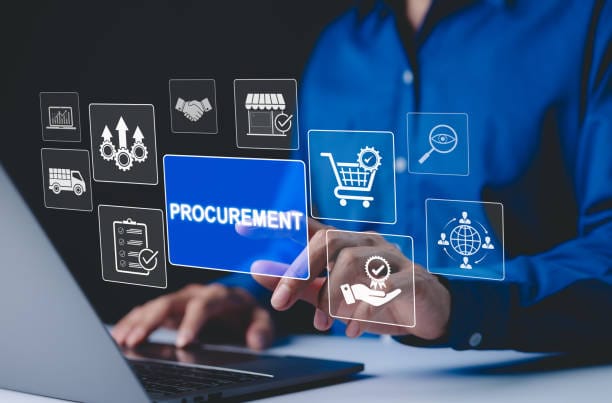
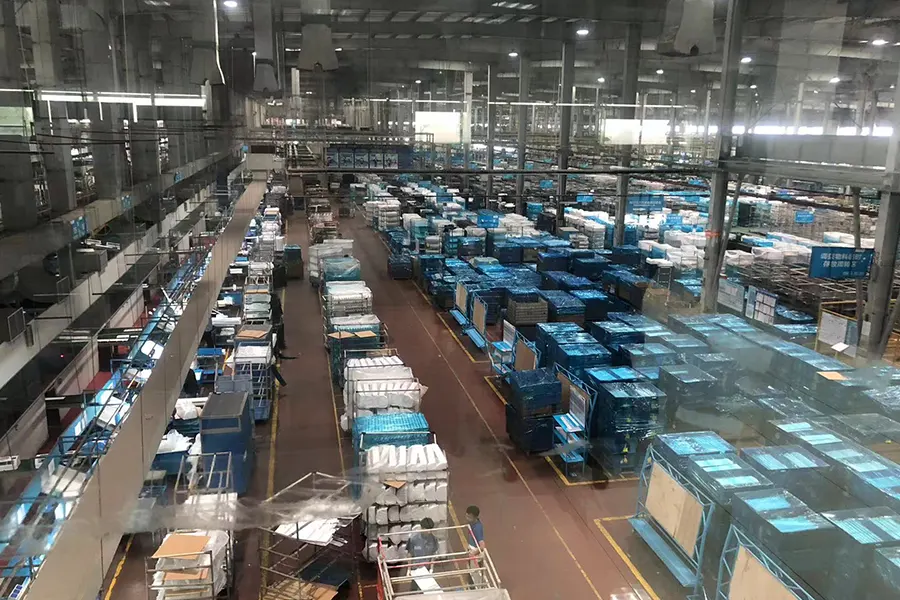
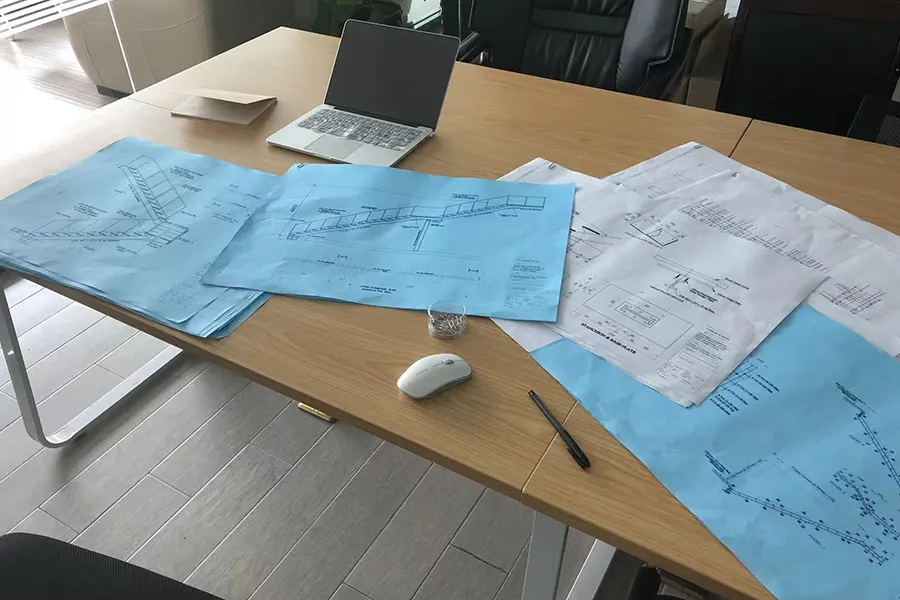

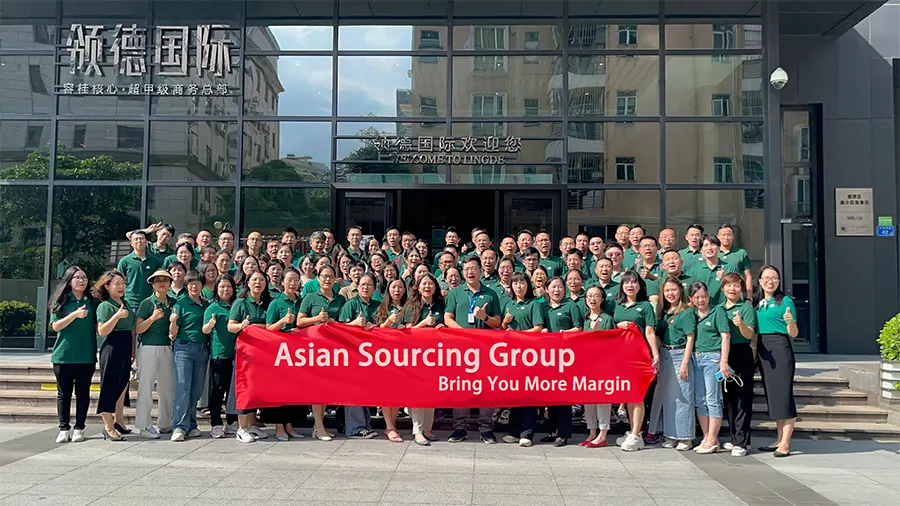
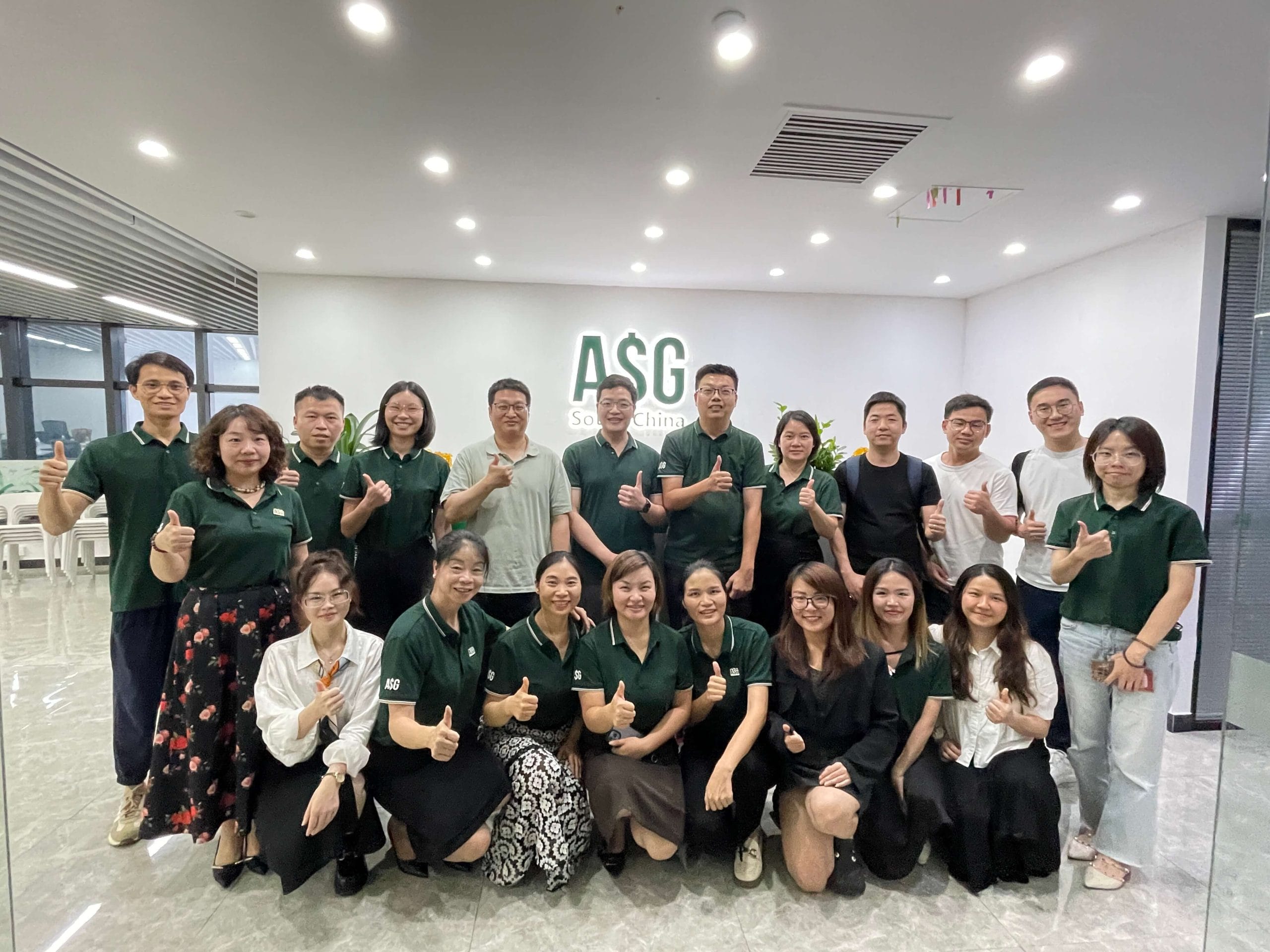
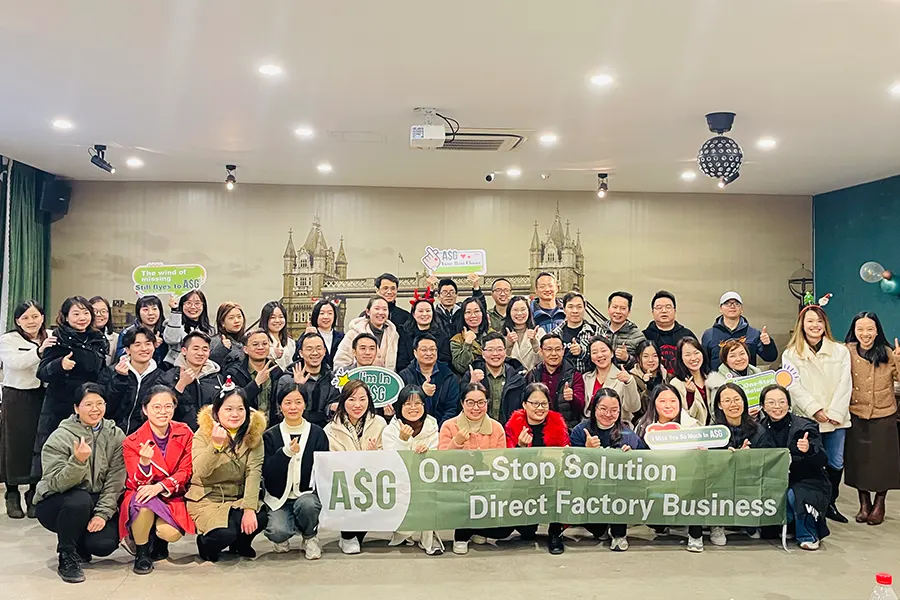
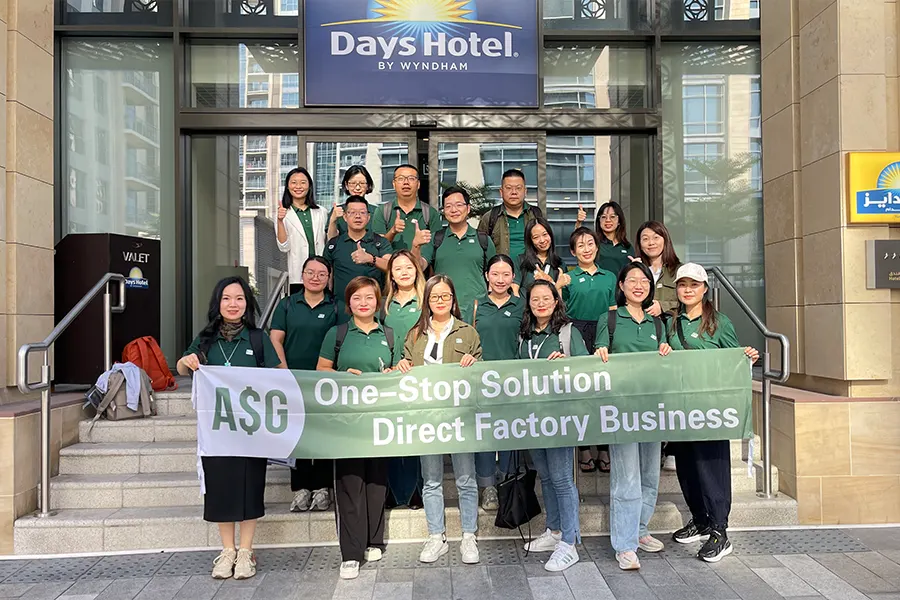
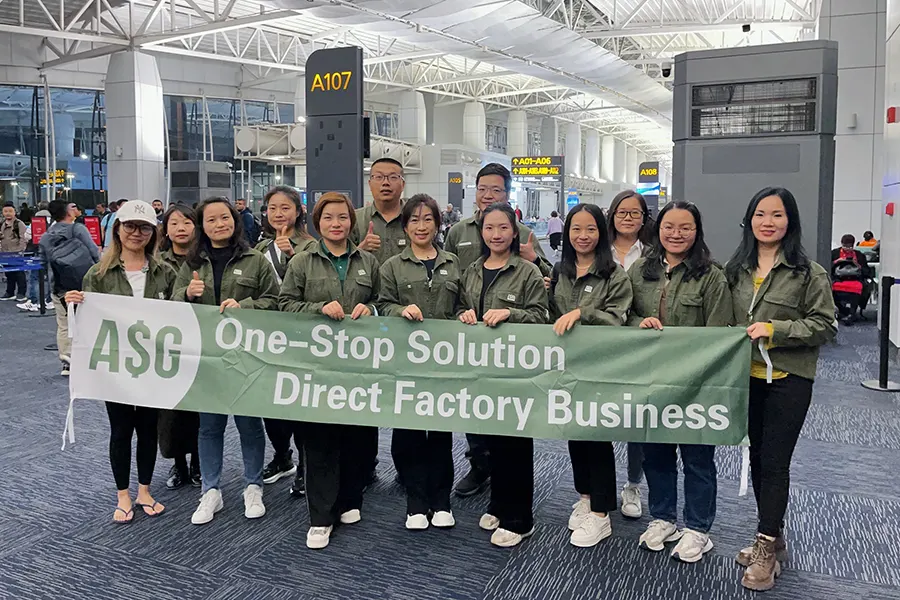
-300x198.png)